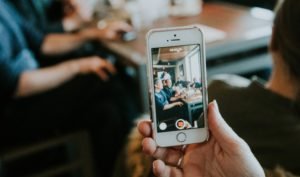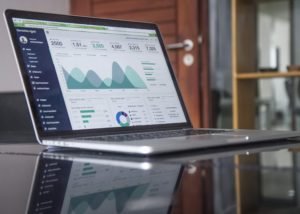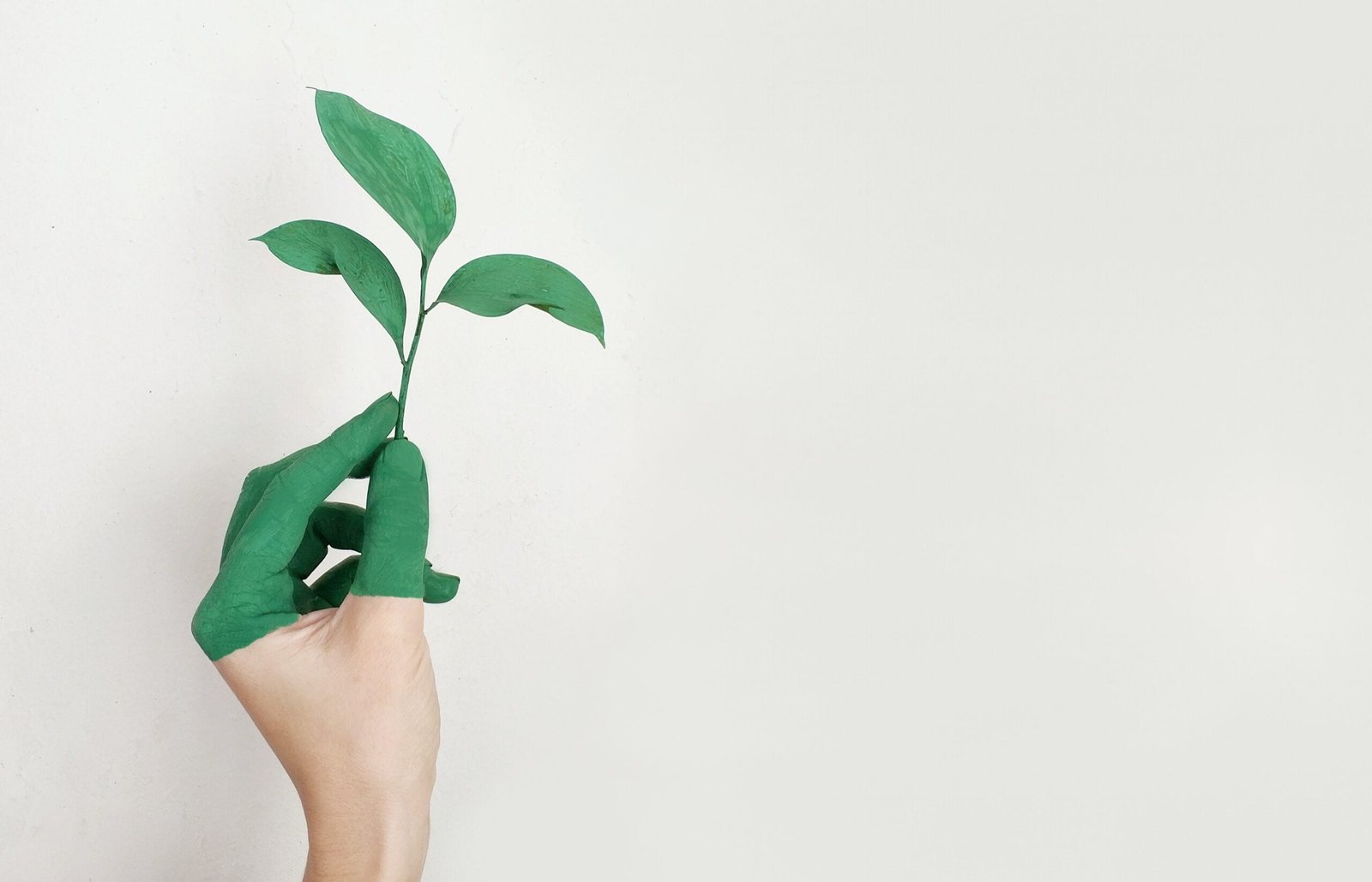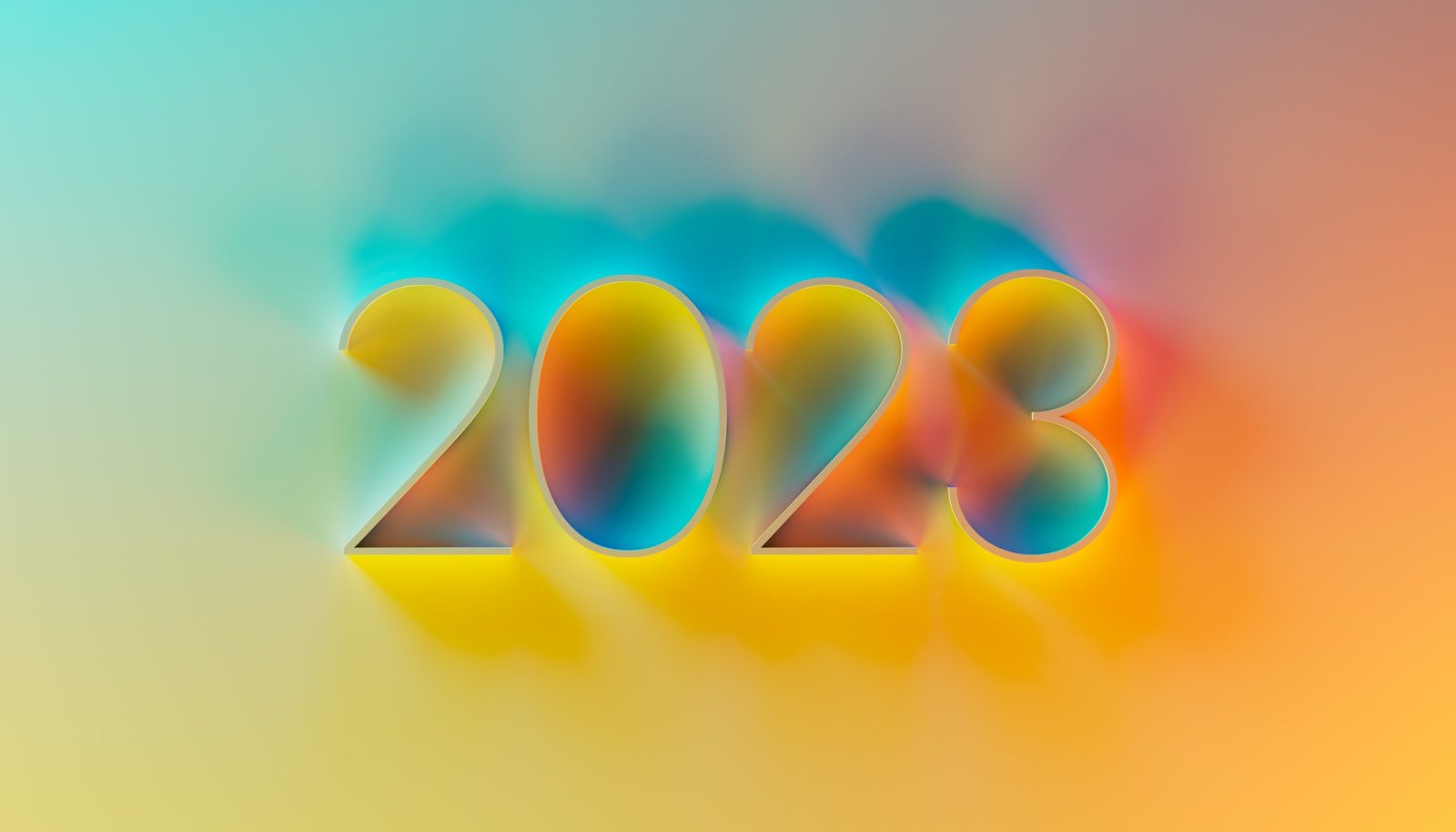Have you ever get confused between Digital Marketing and Online Marketing? You probably do your research but found out you get more confused with all these words, Internet Marketing and E-Marketing. Knowing the difference can help you plan and improve overall marketing strategy.
What is the difference between digital and online marketing?
When you see the word “Digital” you can cut off papers or old-style billboards which are not LED. It means you should focus on all platforms and devices that using technologies but the important thing is they will be Digital whether they are using the internet or not. It’s different from the word “Online” that requires the internet all the time.
Digital Marketing Definition
What is Digital Marketing? Referring to the previous point, Digital is platforms and devices that don’t need the internet. So the Digital Marketing definition is a form of direct marketing which links consumers with sellers electronically using interactive technologies (Kotler and Armstrong, 2009).
To explain more clearly, Think of advertising that appeared while you’re watching television, not a Smart TV. Your TV is a digital platform where digital media performs without the internet. Or applications that work separately from the internet after they installed on your phone.
Online Marketing Definition
How about Online Marketing? Actually, it’s a subset of Digital Marketing because it uses digital platforms to go live and uses the internet to promote or transmit a message about a company’s product and services to potential buyers or target audience.
Let run through this, open Google and type anything on your mind then take a look at the top of the search engine result page. Do you see the word “Ads” with a yellow frame? That is an Online Marketing tool called Google Ads. You must go online if you want to see that.
You may wonder that Online Marketing, Internet Marketing and E-Marketing is different? The answer is NO. You can call it whatever you want. It’s the same meaning.
In a nutshell, Digital Marketing is platforms and Online Marketing is methods.
How many digital marketing channels are there?
Since technology continues evolving, so will digital marketing channels. In the next 20 years or less, there might be many new platforms for you to learn. By the way, there are no most effective digital marketing channels. It’s all about how you can shape or combine them to make it effective and suite your business.
This article will show you some of the channels in this present day and a few things you need to know about each of them. It can break into 2 sections, Digital channel and Online channel.
Digital Channel
Video Marketing

Using videos to promote and market your product or service.- Boosts Conversion Rates.
- People share videos they watch online more often than written posts.
SMS Marketing
- The goal of SMS marketing is to build a database of subscribers to increase customer loyalty.
- Uses permission-based text messaging to spread promotional messages.
TV Ads

- An original way of advertising.
- Reaches a large audience.
Online Channel
SEO
- SEO stands for “Search Engine Optimization”.
- The process of optimizing your site’s content.
- The goal is to make your site rank higher in the search engine result page (SERP) without paying. That makes it different from SEM.
Content Marketing
- Content marketing can be both Digital and Online
- Many different purposes such as gain awareness, growing site traffic, boosting leads, or retaining customers.
- Many types of content can be created, including blog posts, videos, images, infographics, podcasts, and more. For those looking to create high-quality videos, using a free video editor can be an excellent way to get started at no cost.
Social Media Marketing
- The process of gaining traffic or attention through social media sites.
Website Marketing

- Keep your site local.
- Good design can bring consumers to your site.
- Mobile-friendly site is important.
Why you should do digital marketing?
How effective is Digital Marketing
From the result, Digital Marketing can grow your business and help you specific your target. By using it you will spend your time and money on the right potential customers. Measuring digital marketing effectiveness is up to each channel measurement also it can customize to befit your business objectives.
Digital Channels
Smartphone Marketing
- Many entrepreneurs today use their smartphones to market their brand. It’s easy to create a smartphone video and send it through messaging channels like WhatsApp and Telegram, reaching out in a personal way and building a relationship with the potential buyers.
- It’s been reported that between desktop users and mobile users, mobile users consume twice as many digital minutes as desktop users (Digital Future In Focus report).
Email Marketing
- It’s one of the oldest and most effective forms of digital marketing.
- When it comes to measuring digital marketing effectiveness, this method is probably most successful.
- Use it to build up customer relationships and keep customers updated on your latest developments. Brands can conduct newsletter campaigns and send confirmation emails. It adds a personal touch.
- According to Campaign Monitor, email marketing is used by 82% of B2B and B2C companies.
Online Channels
Social Media Marketing
- For building relationships, this excels. People use social media to connect with friends and family.
- A Facebook page provides a platform where customers and brands can interact. Place social media share buttons beneath blog posts. Quality content shared through social media builds authority.
- Create a presence on social media platforms used by target customers i.e. Snapchat for younger audiences, Facebook for the more mature.
- According to Ambassador, 71% of customers who’ve had positive social media experiences with brands are likely to recommend them to others.
Conversion Rate Optimisation
- Using Videos on a landing page will increase conversion by 86%.
- 90% of searchers haven’t made their mind up about a brand before starting their search.
Local SEO
- 72% of consumers who did a local search visited a store within five miles.
- Local searches lead 50% of mobile users to visit stores within one day.
- 61% of mobile searchers are more likely to contact a local business if they have a mobile-friendly site.
Organic Search
- 61% of marketers say improving SEO and growing their organic presence is their top inbound marketing priority.
- 70-80% of search engine users are only focusing on the organic results.
- Organic SEO is about 5.66 times better than paid search ads.
Content strategy
- Content marketing gets three times more leads than paid search advertising.
- 47% of buyers viewed 3-5 pieces of content before engaging with a sales rep.
Blogging
- 55% of marketers say blog content creation is their top inbound marketing priority.
- Marketers who prioritize blogging efforts are 13x more likely to see positive ROI.
- Over its lifetime, one compounding blog post creates as much traffic as six decaying posts.
How Digital Marketing supports Traditional Marketing

The most effective marketing strategies are those that consolidate both traditional and digital marketing. A good way to think about traditional marketing is that it presents a highly effective way to reach a broad consumer audience. On the other hand, digital marketing can be used to create a relationship with the consumer that has depth and relevancy.
Taking everything into account, Digital Marketing is the whole avocado and Online Marketing is a seed. So You can do Digital without Online but can’t do Online without Digital.
There are a lot of Digital Marketing tools and agencies out there, find some which sufficient for your business. But if you need help on this, reach out to a digital marketing agency.






